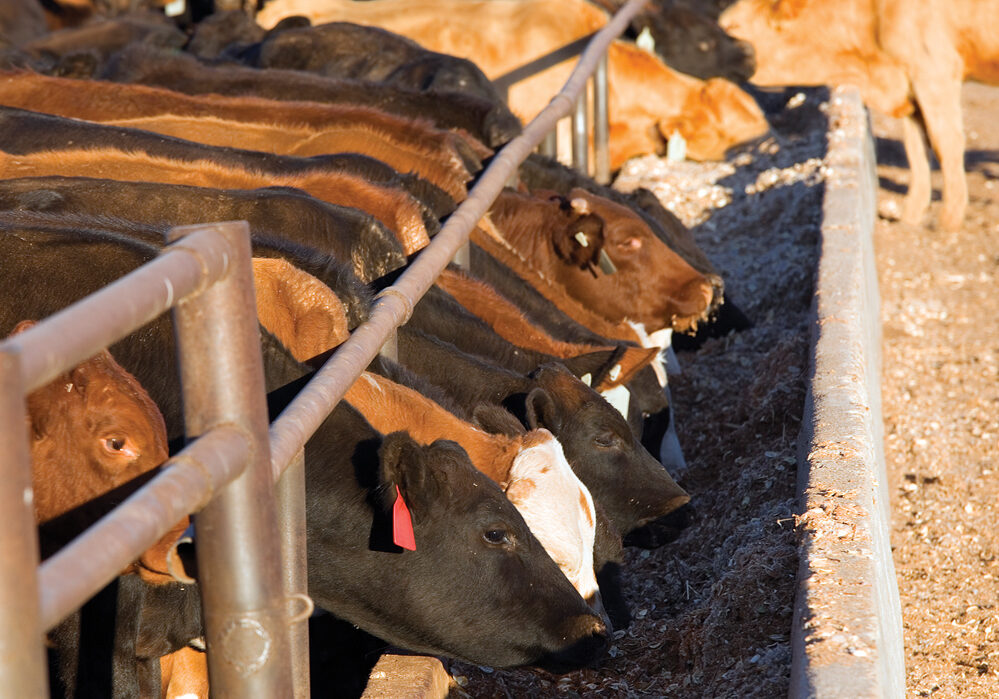Health Canada will be consulting with Canadians as the next step in approving irradiation of fresh and frozen raw ground beef.
“Canadians and stakeholders will be consulted on the proposed regulatory changes that would permit the irradiation of fresh and frozen raw beef through a 75-day consultation period, ending on Sept. 1, 2016,” said Karen McIntyre, director general for Health Canada.
The process of irradiation involves passing foods through a machine that sends out low doses of ionizing radiation, typically gamma rays, to kill off unwanted organisms.
Read Also

KAP flags risky trade for Manitoba farmers
Tariffs, market access uncertainty, trade diversification and export infrastructure top the agenda at Keystone Agricultural Producers (KAP) annual meeting.
“This has several benefits to safety, including reducing the level of bacteria such as E. coli, salmonella, campylobacter,” McIntyre said. “This is not a new process. It is already approved in Canada to be used on onions, potatoes, wheat, white and whole wheat flour and seasoning preparations.”
Health Canada has taken the appropriate steps to conduct a safety review on irradiated raw ground beef, finding it is safe and retains its nutritional value, taste, texture and appearance.
If eventually approved by Health Canada, irradiation will be an optional tool for ground beef products but would require proper labelling.
“Labelling of irradiated food is mandatory. A written description is required, as well as the distinctive radura symbol, must be on the package. In cases of non-pre-packaged foods, this information must be on a sign displayed immediately next to the product at its point of sale,” McIntyre said.
Details on the consultation process and what will be required to comply will be published in the Canada Gazette on June 18.
“This will be a 75-day open consultation period where we will accept comments online,” said Barbara Lee, director of the Bureau of Chemical Safety.
The approval of irradiated raw ground beef was previously proposed in 2002 but it was never finalized, due mostly to negative stakeholder reactions.
Officials believe it will be more widely accepted this time around because of a few highly publicized, pathogen-linked outbreaks since 2002, including the largest recall of beef products in Canadian history in 2012 from XL Foods Inc.
“We have done some work on public opinion research and what we can see from that information is that, as a result of a number of highly visible outbreaks linked to pathogens, it is our opinion that the public opinion may have shifted to be more in favour of this process,” Lee said.
Health Canada’s technical summary on the evaluation of irradiation of fresh and frozen raw ground beef is available online.
















